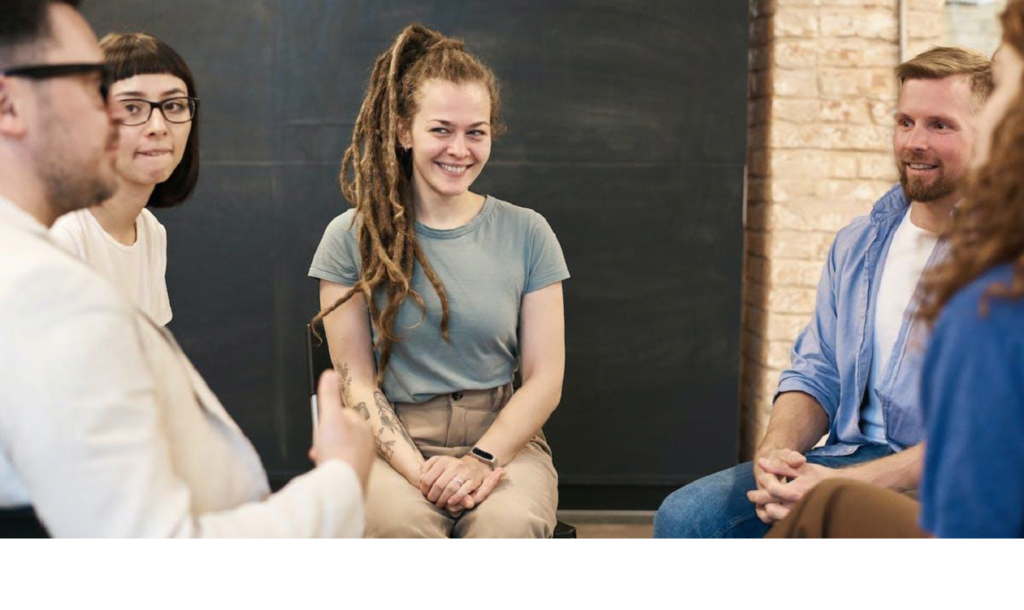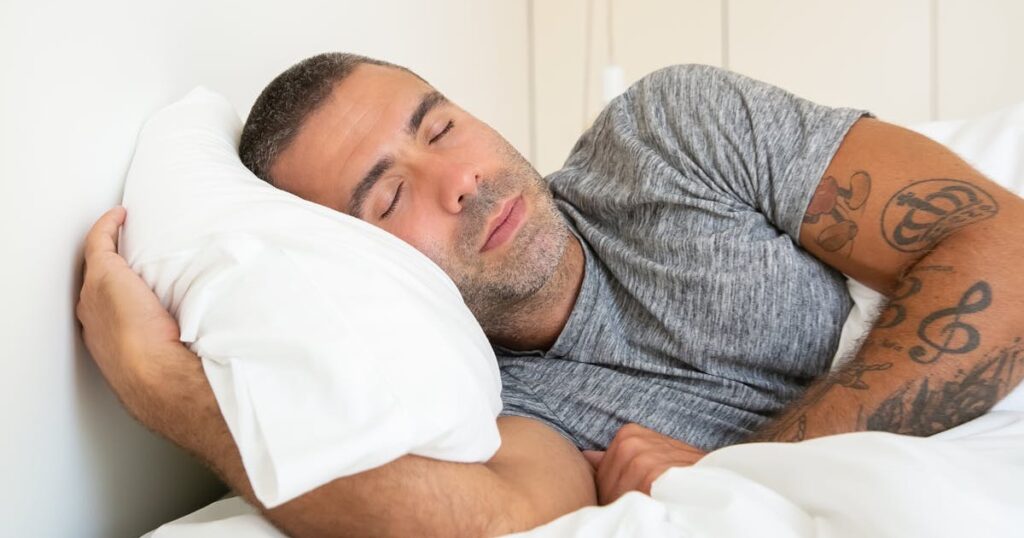
As more states legalize marijuana for medical and recreational purposes, people are using the drug more than ever before. According to the National Institute on Drug Abuse, past-year use was reported by 44 percent of those surveyed in 2022, an increase from five years ago (35 percent in 2017) and 10 years ago (28 percent in 2012). Daily marijuana use has also reached its highest level.
What makes marijuana unique compared to other substances is that it holds the image that it’s relatively safe and non-addicting. Therefore, people who use marijuana may not recognize that they have a problem. In reality, marijuana is addictive for some people. It is also often used alongside other substances, raising the risk for unpredictable effects and overdose.
So how addictive is marijuana, exactly? Research shows that roughly 3 out of 10 people who use marijuana have marijuana use disorder, and there’s about a 10 percent chance of becoming addicted. With the support of a marijuana addiction treatment center in Lehigh Valley, you can break this cycle and get your life back on track.
What is Marijuana?
Marijuana, also known as weed, cannabis or pot, is a Schedule 1 substance. Even though many states have legalized marijuana for medicinal and recreational purposes, there is no clinical evidence to show that the potential benefits of marijuana outweigh the risks. Marijuana is still a drug that carries the risk for abuse and addiction.
Marijuana comes from the Cannabis sativa (hemp) plant. The plant contains a psychoactive chemical called tetrahydrocannabinol (THC) that alters the mind. When you consume marijuana, it enters the bloodstream and moves to the brain and other organs. It also affects the cannabinoid receptors in the brain, causing them to become overactive.
Symptoms and Effects of Marijuana Use
While it’s true that marijuana is not as addictive as other substances, and it doesn’t always create a physical dependence, people can become psychologically dependent on it. They may use the drug to cope with uncomfortable feelings or stressful situations. This can impact their ability to face adversity without marijuana.
The signs and symptoms of a potential cannabis addiction may include:
⦁ Physical signs, such as red eyes, dry mouth, coughing, lack of coordination and increased appetite
⦁ Mental signs, such as problems with memory, increased anxiety and slowed reaction times
⦁ Obsessing over marijuana, such as how you’re going to get it and when you’re going to use it
⦁ Losing interest in activities you once enjoyed
⦁ Finding it difficult to stop using marijuana
⦁ Feeling uncomfortable or irritable when you can’t use cannabis
⦁ Isolating yourself from social situations
⦁ Trouble keeping up with daily responsibilities
⦁ Combining marijuana with other substances like alcohol
⦁ Building tolerance and needing more to produce the same effects
How Addictive is Cannabis?
According to one study, individuals who use marijuana have a 10 percent chance of developing an addiction. The risk is higher in people who start using the drug in adolescence or use the drug frequently. This is why it’s important to delay experimentation with cannabis for as long as possible.
So what makes marijuana addictive in the first place? THC binds to CB1 and CB2 receptors in the brain. This causes a wide range of effects on the mind and body. Some of the effects are pleasurable and include reduced pain and relaxation, while others involve paranoia and anxiety.
Some people like the way marijuana makes them feel. Over time, they get used to this feeling and continue using marijuana to cope with stress, anxiety or social anxiety. They can become psychologically dependent on the drug, feeling that they can’t face stressful situations without it.
Furthermore, some people engage in polydrug use (the use of more than one drug) and become addicted to other substances. However, it is true that not everyone who uses marijuana develops an addiction.

How to Know When it’s Time for Treatment
Once you start using cannabis regularly, your brain will become accustomed to having it in its system. Research shows that 30 percent of people who use marijuana have some type of addiction to it. So while you may be functioning in your everyday life, it would be difficult to cut marijuana out completely.
As an addiction treatment center in PA, Recovery Cove does not condone any type of marijuana use. We’ve seen too much damage from this substance, as it can lead to addiction, negative health consequences and an increased risk for polydrug use. Additionally, it is not legal here in Pennsylvania.
However, we also recognize that not everyone who uses marijuana meets the criteria for a marijuana use disorder. Here are some signs that it’s time for treatment.
⦁ Inability to stop using marijuana
⦁ Hoarding an excessive amount of the drug so you don’t run out
⦁ Feeling the need to use marijuana every day
⦁ Increased tolerance to cannabis
⦁ Isolating yourself from friends and family
⦁ Spending money you don’t have on drugs
⦁ Falling behind on your responsibilities
⦁ Experiencing conflict in your relationships
How is Cannabis Addiction Treated?
The hardest part about treating a marijuana addiction is that many people believe it’s harmless. It’s important that when a person does undergo treatment for a marijuana use disorder, they understand the full effects of their use.
One of the main benefits of seeking care at our marijuana addiction treatment center in Lehigh Valley is that you get to explore the reasons for the substance use. Oftentimes, people use marijuana to escape painful thoughts, feelings, emotions or memories. By understanding these motivations, you can get to the root of your issues and heal on a deeper level.
Once you heal and are put on the appropriate medications (if needed) to manage underlying mental or physical health problems, you’ll have a much lesser need to turn to marijuana. Furthermore, getting help in the early stages of an addiction prevents you from trying other substances that can cause addiction quickly.
Why Outpatient Drug Rehab is Often Ideal
Outpatient treatment is generally best for treating a marijuana use disorder. You’ll receive support most days of the week while being able to return home to your family at night. Many people even continue working and taking care of their responsibilities at home, allowing for structure and consistency within the family unit.
Some of the best treatments for addressing a marijuana use disorder are:
⦁ Cognitive behavioral therapy (CBT)
⦁ Motivational interviewing (MI)
⦁ Acceptance and commitment therapy (ACT)
⦁ Dialectical behavior therapy (DBT)
⦁ Peer support groups
⦁ Family therapy or marriage counseling
Seek Care at Our Marijuana Treatment Center in Lehigh Valley
Recovery Cove is a marijuana addiction treatment center. We have addiction specialists who will work with you to develop a personalized treatment plan that addresses your substance use and goals for recovery. We focus on helping our clients heal from deeper issues like trauma while teaching mindfulness-based practices, coping skills and more. To learn more about our approach to treating cannabis use disorder, contact Recovery Cove in Easton PA today.






